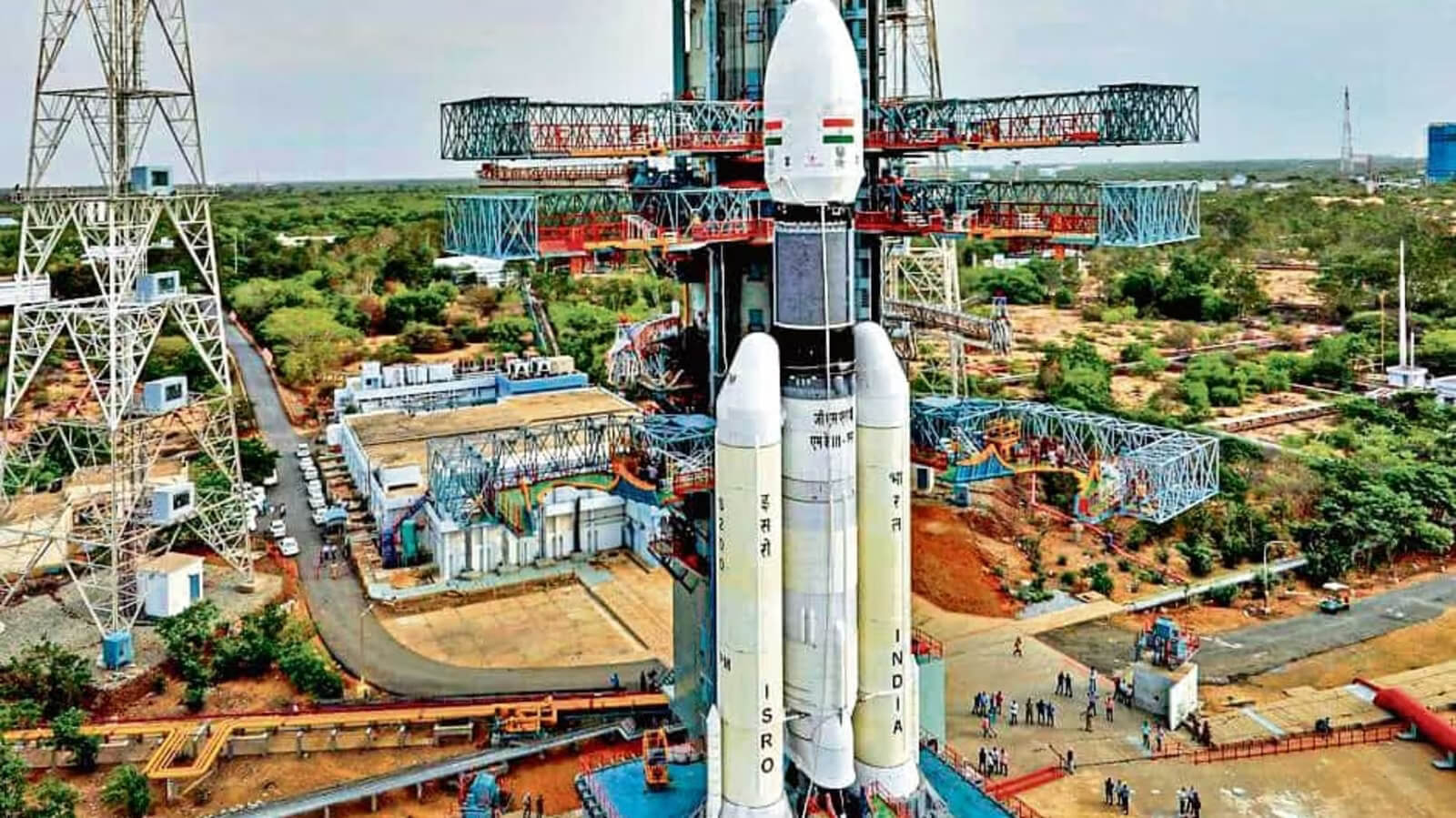On Wednesday, the Indian Ministry of Defence signed a contract worth ₹3,000 crore with NewSpace India Limited (NSIL), the commercial subsidiary of the Indian Space Research Organization (ISRO), to acquire an advanced communication satellite known as GSAT 7B in order to enhance the communication capabilities of Indian Army said the officials familiar to the matter.
The Indian Army currently lacks a dedicated satellite, unlike the Indian Air Force and Navy. To address this, ISRO will be developing a five-tonne geostationary satellite domestically.
GSAT 7B is expected to be available to army in 2026, the officials said.
Features of GSAT 7B
The advanced security features incorporated into GSAT 7B satellite will provide support for the tactical communication requirements of ground troops, air defense weapons, remotely piloted aircraft, as well as other mission-critical and fire support platforms, the officials said.
Air Marshal Anil Chopra (Retd.), Director General of the Centre for Air Power Studies, said that the dedicated satellite for the army was a long-standing requirement.
He further added that this would enhance the army’s network-centric warfare capabilities by providing them with a more secure and jam-proof communication system. Previously, the army had to rely on the Indian Air Force’s GSAT-7A satellite.
In March 2022, India’s Defence Acquisition Council (DAC), the primary agency responsible for the procurement of defence equipment, approved the army’s proposal for the acquisition of a GSAT-7B satellite, aimed at enhancing its operational capabilities.
ISRO’s GSAT-7 series of advanced satellites are designed to offer communication capabilities across vast areas, including oceans. This acquisition will enable the army to effectively communicate with its personnel deployed in remote locations and strengthen its communication network.
About Manufacturing of GSAT-7B satellite
The Indian Ministry announced that many parts, sub-assemblies, and systems of the GSAT-7B satellite will be procured from indigenous manufacturers, including micro, small, and medium enterprises (MSMEs) and start-ups. This initiative is expected to generate around 300,000 man-days of employment in the next three-and-a-half years.
In addition, the ministry signed two contracts with Bharat Electronics Limited (BEL) worth approximately ₹2,400 crore to improve the air defense capabilities of the armed forces.
The first contract worth ₹1,982 crore is for implementing Project Akashteer, an automated air defence control and reporting system designed for the monitoring of low-level airspace over battle areas and effectively control ground- based air defence weapon system.
The second contract with BEL is valued at ₹412 crore and is for the procurement of Sarang electronic support measure systems for Indian Navy helicopters.
These three projects are expected to significantly contribute to the self-reliance campaign as this initiative is in line with the government’s efforts to enhance domestic manufacturing capabilities, promote local entrepreneurship, and create more job opportunities within the defense sector.
